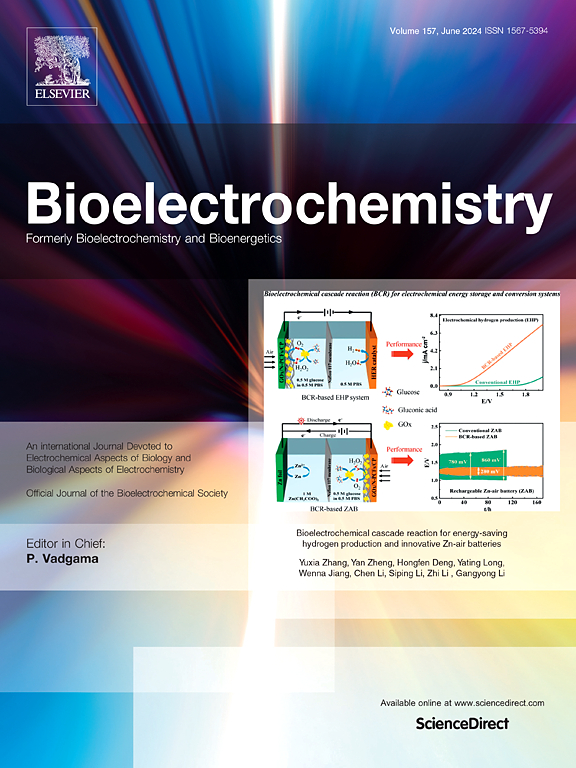肠脑轴能让我们深入了解裸盖菇素在减轻压力方面的治疗价值吗?
IF 3.6
2区 医学
Q1 NEUROSCIENCES
引用次数: 0
摘要
人们对探索裸盖菇素治疗压力相关神经精神疾病的潜力和作用机制越来越感兴趣,包括抑郁症、广泛性焦虑症(GAD)、创伤后应激障碍(PTSD)、强迫症(OCD)、成瘾和饮食失调。尽管在临床前和临床研究中取得了有希望的进展,裸盖菇素治疗效果的神经生物学和生理机制仍然很复杂,涉及多个系统,体内有许多稳态反馈信号通路。本文综述了裸盖菇素与肠道微生物群、肠道神经系统、下丘脑-垂体轴的相互作用机制,以及裸盖菇素如何影响外周系统和神经系统之间的双向通讯。转向一个更综合的范式来揭示裸盖菇素影响双向肠-脑轴的机制,有望显著推进我们对基于裸盖菇素的疗法的理解,从治疗的准备、给药到进行长期整合。这样的理解可以扩展到精神疾病的治疗之外,进一步涵盖更广泛的炎症相关疾病。本文章由计算机程序翻译,如有差异,请以英文原文为准。
Can the gut-brain axis provide insight into psilocybin's therapeutic value in reducing stress?
There is growing interest in exploring the therapeutic potential and mechanisms of action of psilocybin on stress-related neuropsychiatric disorders, including depression, generalized anxiety disorder (GAD), post-traumatic stress disorder (PTSD), obsessive-compulsive disorder (OCD), addiction, and disordered eating. Despite promising progressions in preclinical and clinical research, the neurobiological and physiological mechanisms underlying the therapeutic effects of psilocybin remain complex, involving multiple systems with numerous homeostatic feedback signaling pathways throughout the body. This review paper explores how psilocybin mechanistically interacts with the gut microbiota, enteric nervous system, hypothalamic-pituitary axis, and how psilocybin influences the bidirectional communication between peripheral and neuronal systems. Shifting towards a more integrated paradigm to unravel the mechanisms through which psilocybin affects the bidirectional gut-brain axis holds the promise of significantly advancing our understanding of psilocybin-based therapies from preparation of treatment, administration, to proceeding long-term integration. Such an understanding can extend beyond the treatment of psychiatric disorders, further encompassing a broader spectrum of inflammatory-related disorders.
求助全文
通过发布文献求助,成功后即可免费获取论文全文。
去求助
来源期刊

Neurobiology of Stress
Biochemistry, Genetics and Molecular Biology-Biochemistry
CiteScore
9.40
自引率
4.00%
发文量
74
审稿时长
48 days
期刊介绍:
Neurobiology of Stress is a multidisciplinary journal for the publication of original research and review articles on basic, translational and clinical research into stress and related disorders. It will focus on the impact of stress on the brain from cellular to behavioral functions and stress-related neuropsychiatric disorders (such as depression, trauma and anxiety). The translation of basic research findings into real-world applications will be a key aim of the journal.
Basic, translational and clinical research on the following topics as they relate to stress will be covered:
Molecular substrates and cell signaling,
Genetics and epigenetics,
Stress circuitry,
Structural and physiological plasticity,
Developmental Aspects,
Laboratory models of stress,
Neuroinflammation and pathology,
Memory and Cognition,
Motivational Processes,
Fear and Anxiety,
Stress-related neuropsychiatric disorders (including depression, PTSD, substance abuse),
Neuropsychopharmacology.
 求助内容:
求助内容: 应助结果提醒方式:
应助结果提醒方式:


